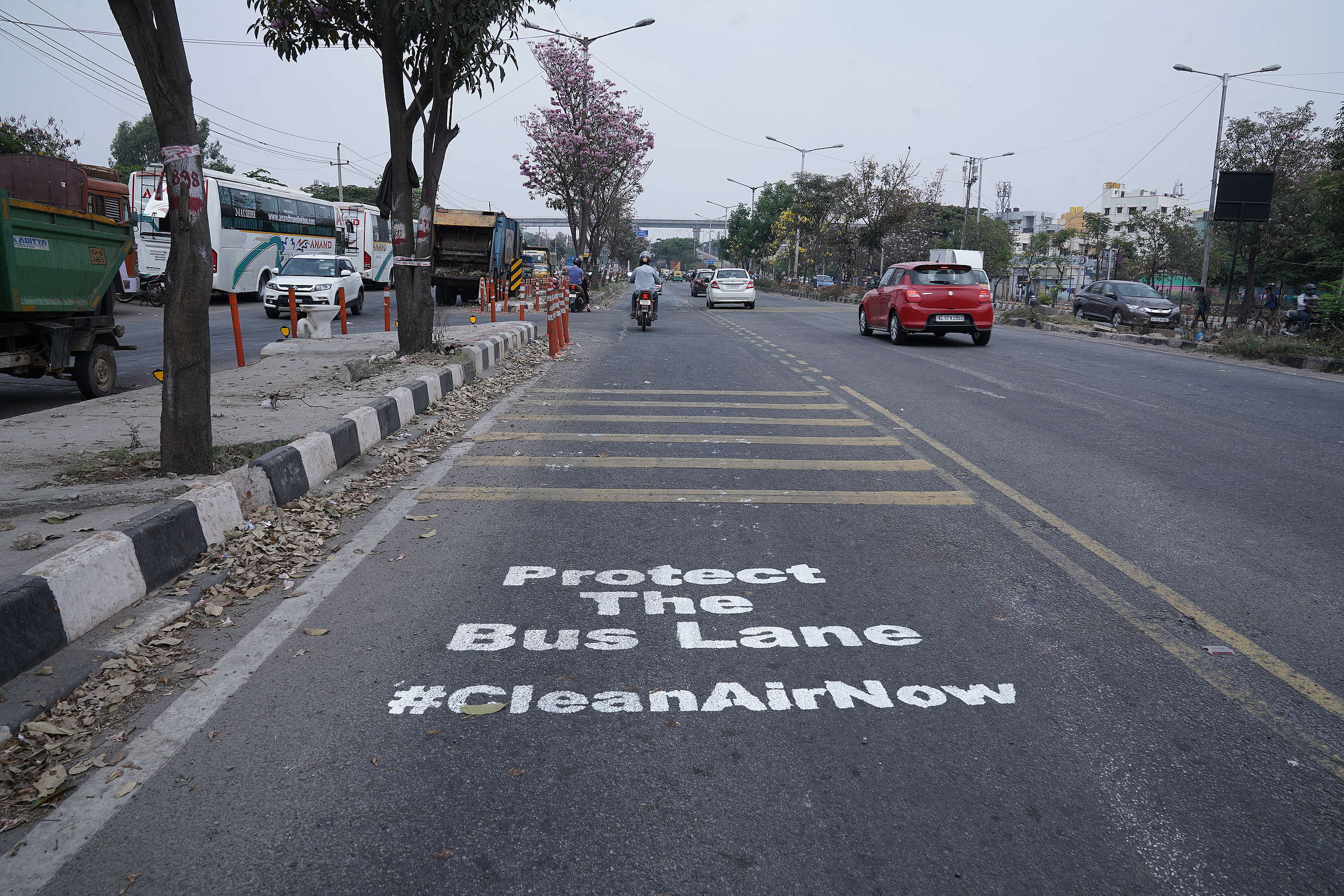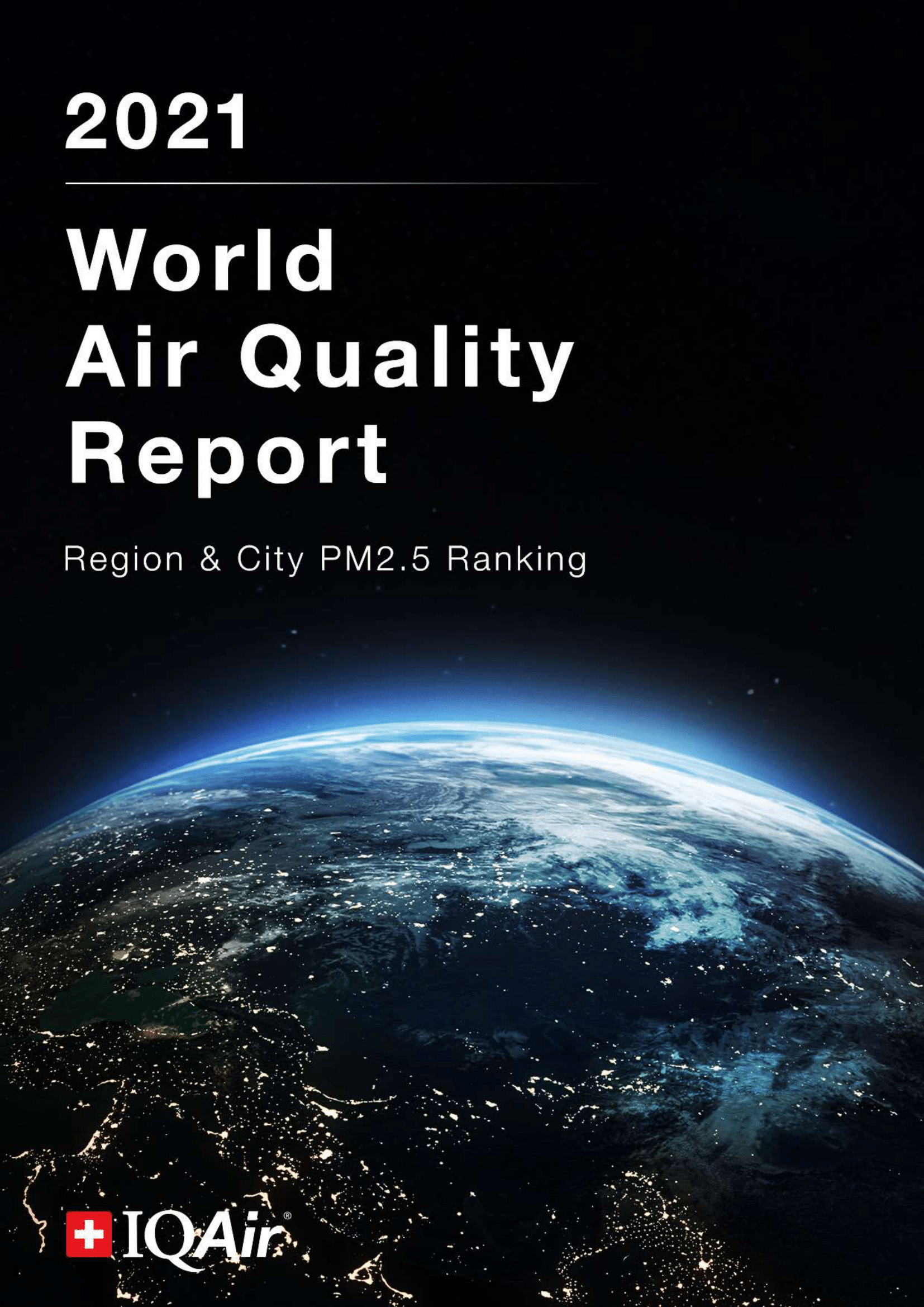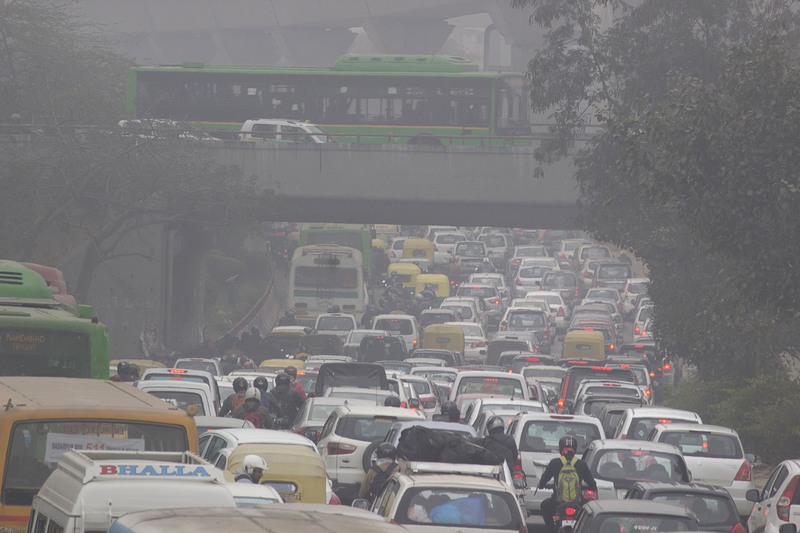To,
Sh. Bharat Kumar Sharma,
Member Secretary
Central Pollution Control Board
Subject: Reminder – Urgent Need to Revise India’s National Ambient Air Quality Standards
We write to you today with a renewed sense of urgency and a steadfast commitment to addressing one of the gravest environmental and public health crises facing India – air pollution.
As you are aware, on April 22nd, 2022, Greenpeace India sent an open letter to the Central Pollution Control Board (CPCB) along with a petition signed by over 10,000 citizens to the CPCB demanding urgent revision of India’s Air Quality Standards. On February 3rd 2023, a group of citizens, led by Greenpeace India, had arrived at the Central Pollution Control Board (CPCB) office to demand the immediate revision of the standards. Through these, we have repeatedly emphasized the critical importance of aligning our air quality standards with the latest guidelines issued by the World Health Organization (WHO), which are based on extensive scientific evidence linking air pollution to severe health impacts.
Since our initial appeal, we have observed no substantial progress in revising the NAAQS, and the air quality crisis in India continues unabated. All of India’s 1.3 billion people live in areas where the annual average particulate pollution level exceeds the WHO guideline; 67.4 percent of the population live in areas that exceed the country’s own national air quality standard of 40 µg/m3. Measured in terms of life expectancy, particulate pollution is the greatest threat to human health in India, taking 5.3 years off the life of the average Indian. This situation is unacceptable, and we cannot afford further delays in taking decisive action to protect public health and the environment.
On September 22, 2021, WHO revised its air quality guidelines, reinforcing the notion that there are no safe limits to pollution. The updated guidelines recommend significantly lower concentrations of key air pollutants, such as particulate matter (Pm2.5) and nitrogen dioxide (NO2), than what is currently allowed under India’s NAAQS. The scientific consensus is clear: stricter air quality standards are essential to safeguard the well-being of our citizens.
Today, we bring to your attention the voices of concerned citizens who stand united in their call for immediate action. These voices include vulnerable groups such as mothers, children, and senior citizens, who bear the brunt of this crisis. The people of India are demanding that their right to a healthy environment, including clean air, be protected.
We recognize that a review of the NAAQS was initiated by a joint team led by IIT Kanpur. However, even after eight months, there has been few updates regarding this. In this context, we urge you to expedite the revision of the NAAQS based on the latest WHO air quality guidelines. Moreover, this process should be founded on scientific evidence and subject to periodic reviews, ideally every 5 or 10 years, to ensure that our standards remain aligned with global best practices.
Furthermore, the CPCB should actively engage with the larger public, experts, and civil society in a transparent and inclusive consultation and feedback process. It is imperative that we bridge the gap between science and regulation, for every moment of delay prolongs the suffering caused by air pollution.
In conclusion, we reiterate the urgency of the situation and demand the CPCB to honor its commitment to the people of India by swiftly revising the NAAQS to align with WHO air quality guidelines. We must act now to curb the devastating health and economic impacts of air pollution and create a healthier, more livable future for all.
Sincerely,
Greenpeace India



